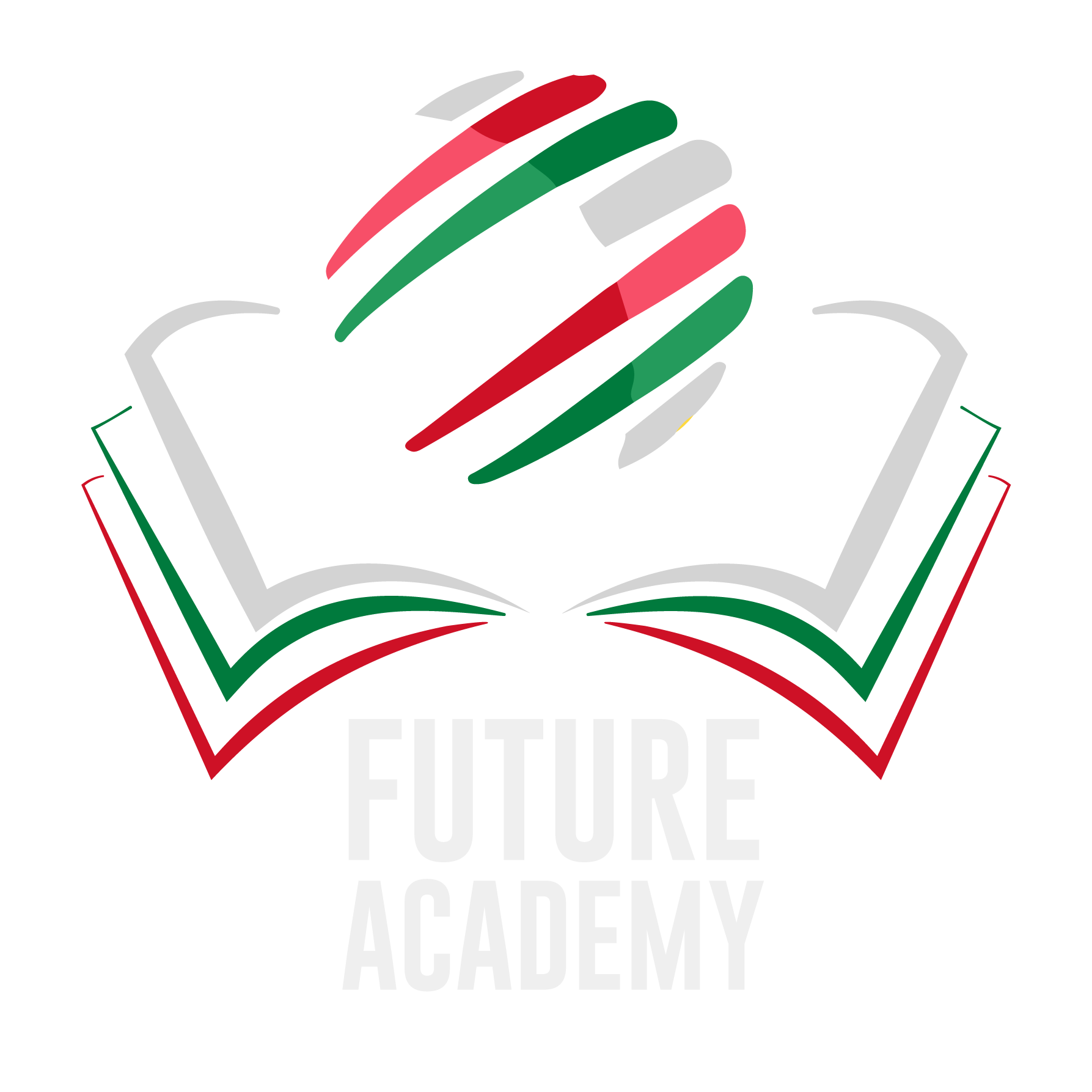Future English
Our children have been born into unique circumstances, so our curriculum is a little different too. We don’t teach our kids to pass exams, we teach them skills that will help them to change their circumstances.
Refugees don’t have passports, so they need language to travel. And if they don’t speak English they won’t have full access to higher education and the job market. Our aim is to ensure every child who enters our school leaves with a better understanding of the world outside and how to access it.
When boys turn into men in Burj Barajneh, they have three main options; casual construction work, crime or joining a political faction. There are even fewer jobs for women; they either work in the local sewing factory or as cleaners. Working in the family store is an option for some, but male relatives are given priority.
But this is why we’re so excited about the girls’ classes and the difference they could make to their future quality of life. Helping to achieve gender equality through education is a core principle for the school. Bilingualism means more independence and increased social mobility, which helps the shift towards an equal status in society.



Our aim is to ensure every child who enters our school leaves with a better understanding of the world outside and how to access it.
The Education Revolution
Stage One
Born to score. Future English was born where Ahmad and Chris escape life. On the football pitch next to the MSF office where we both worked in Burj Barajneh; a refugee camp in South Beirut. We freestyled English to the kids. Count from one to ten to take a penalty. Name five colours to earn ten minutes playing as the striker. First student to say three words beginning with C becomes the captain, and so on. Bazinga! We’d found our methodology: gamify learning and suddenly it’s fun.
Stage Two
A civilised hijack. We turned a car park behind the football pitch into our classroom. Lessons began with the buzz of our kids racing to deliver more chairs than the rest; from the camp to the class. It was a shanty school but there was a purity about it.
We had a problem. Most of the children spoke little or no English. How could we connect the biggest language in the world to one of its oldest: Arabic? We decided the newest and fastest growing language on the planet could build that bridge: Emoji.
Written on smart phones and whatsapp everywhere, Emoji’s human mirror alphabet system has connected us all from Patagonia to Palestine. Working with emojis taught our children words, things and feelings that everyone across the world understands.
Stage 3
The hunt for a permanent heart. We needed a base; one room, at least. A place to teach and keep our classroom, materials and children safe.
Wherever that centre would be, it would be in Burj Barajneh. A shanty town built in 1947 by refugees and genocide survivors. When every resident in a community is stateless, it follows that there will be a certain volatility about the place. We might be in the Lebanese capital, but this bubble in South Beirut isn’t governed, policed, assisted or monitored by Lebanon’s state or government apparatus. We needed a safe space for our children to escape to whenever violence flared in the camp.
We had a few perfect meetings, handshakes and verbal agreements on contracts. Then a phone call or text message followed a few days later informing us that the agreed price had just increased, or the room would be shared with someone else. Doing business in refugee camps is hard. Finally, using Ahmad’s connections, we found an old house that we were able to convert into a school. We now have four classrooms, boys and girls toilets and a small kitchen in our education centre.
Stage 4
Welcome to Future English. We equipped one classroom with chairs and tables. A whiteboard for the teacher and a chalkboard for the students. We hired Dan, an English teacher and keen footballer from London, and Ibrahim and Hamza, two local teaching assistants from the camp who speak both English and Arabic. We began teaching four lessons a week to the children from Burj Barajneh.
Stage 5
Stay at home learning. A second lockdown hit Lebanon and hijacked our lessons. We developed a framework where Dan would prepare homework sheets for the children, sterilise them, then deliver the work to Hamzah or Ibrahim who would then deliver the sheets to our students’ homes. Later in the week, Dan would create a second worksheet, Hamzah or Ibrahim would collect the first round of homework as they delivered the next installment and then returned the sheets to Dan to mark. We continued operating like this until the lockdown was lifted and person to person teaching could continue. Concurrently, Chris was tutoring our students who had access to smart phones via Instagram. This proved to be an excellent way of keeping in contact with the more able students and ensuring they continued to progress at an exciting pace.
Finally, we are back in our classroom and continuing lessons and learning at pace. We are currently raising funds to equip another classroom for girls from the camp to have the same opportunity as the boys.
You can donate here or get in contact with us at contact@futureacademy.net if you can help with classroom supplies or learning materials.





